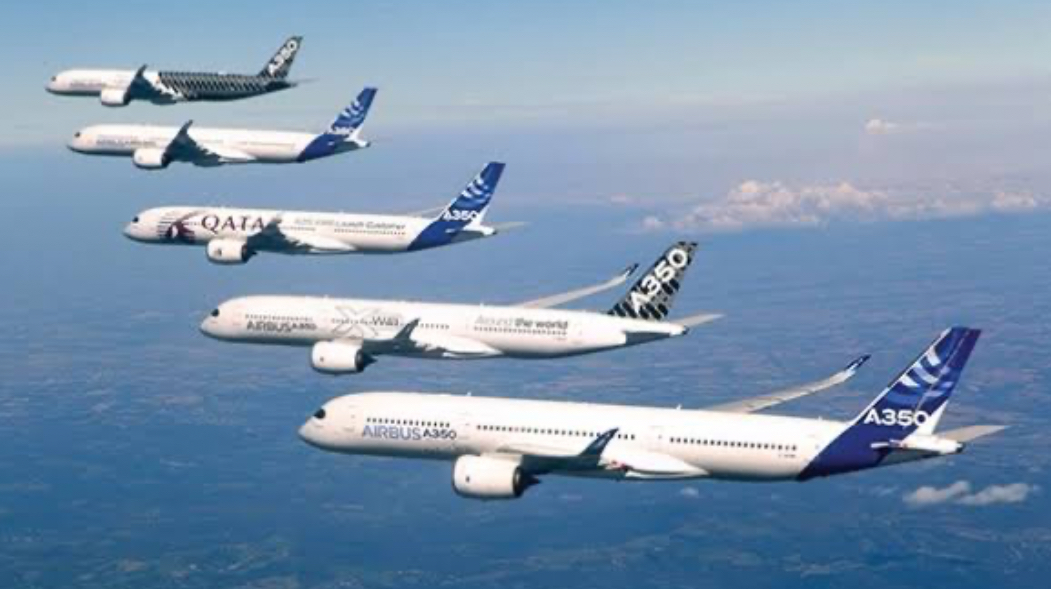The aviation business has always been a strange place, where people's dreams of flying come together with the harsh realities of bad money. Large companies are still interested in buying shares in or investing in carriers that are losing money, even though the airline business is hard and has a lot of risks.

Background information:
Understanding why big businesses are so interested in the flight industry now necessitates a lot of historical research. With their complicated operating dynamics, cyclical nature, and openness to outside shocks like changes in fuel prices, economic downturns, and global crises (like COVID-19), airlines have often had trouble staying profitable. Others, such as large world networks, valuable landing rights, and well-known brands, appeal to investors.
Market Entry and Expansion:
Some large companies see a lot of strategic benefits in entering or growing in the flight industry. One benefit is that it helps them share their risk across different industries and lessens their reliance on just one. Currently, portfolio theory advocates for distributing investments to reduce overall risk. This method of diversification aligns with that concept.

As for the second point, these conglomerates can use their current infrastructure, expertise, and market presence when they buy a stake in an existing airline or start a new one. These benefits are especially helpful in places like the Asia-Pacific, parts of Africa, and Latin America, where the number of people who want to fly is growing quickly. These businesses can improve operations, streamline processes, and make the customer experience better by using their huge financial resources and smart management skills. Their ultimate goal is to make money over time.
Vertical Integration and Synergies:
There are also chances for vertical integration and synergistic possibilities, which are strong reasons for big companies to invest in airlines. For example, a company with interests in retail, tourism, or hospitality can make flying easier by adding airline services to what they already do. This vertical integration has improved cross-selling and income streams. Customers are more loyal.
To make things even better, they can work together in areas like purchasing (by buying in bulk for things like planes, fuel, and repairs), marketing (through joint promotions and partnerships), and technology (by sharing IT systems and digital platforms). These connections reduce costs and enable new ideas and market advantages.
Strategic geopolitical considerations:
The airline industry is more than just a business; it's also a strategic tool that affects politics around the world. Many people see national carriers as symbols of a country's economic strength, ability to connect with others, and influence on the world stage. As a result, owning or partnering with airlines can be a smart way for big companies with global goals or operations in geopolitically important areas to improve their place in the world.

Airlines are also very important for international trade, tourism, and cultural exchange. When big businesses invest in aviation, they can help the economy grow, create jobs, and connect people, which aligns with government and larger socioeconomic goals.
Risk Mitigation and Long-Term Vision:
Many people think that airlines are always risky investments, but big companies look at them with the goal of reducing risk and planning for the long run. Even though short-term problems like rising fuel prices or economic downturns can make it harder to make money, the long-term picture for air travel is still good, thanks to things like population growth, urbanisation, rising middle-class incomes, and globalisation.

Improvements in technology, such as fuel-efficient planes, digital operations, and data-driven decisions, are transforming the industry and creating opportunities for sustained growth. Large companies with patient capital and long-term planning are ready to weather short-term storms if they think it will give them a long-term competitive edge and create value in a field that is always changing.
Case Studies and Industry Trends:

A number of recent events show that big companies are getting into the airline game, even though it can be hard. For instance, the acquisition of Air India by the Tata Group, Amazon's strategic investment in cargo airlines to enhance logistics, and the expansion of airline portfolios by Chinese companies demonstrate the diverse strategies and goals driving these investments.
When it comes to investing in the flight industry, things like the rise of low-cost carriers, the shift to digital, sustainability efforts, and changes in the rules all play a role. Big companies look at these trends, do extensive research, and come up with long-term plans to deal with the complicated world of aviation and take advantage of new opportunities.

To sum up, the attraction of the airline pie, which makes big businesses lose money, is multifaceted and strategic. It includes things like expanding, integrating, symmetries, global issues, lowering risks, and having a long-term view. Even though the flight industry is still unstable and competitive, it also has a huge amount of room for innovation, growth, and value creation for people who have the skills, resources, and strategic mind to make their way through it. When economies around the world get better and more people want to travel by air, big companies will likely keep investing in airlines because it's the right thing to do. This will shape the future of flying and global connectivity.
Image Source: Multiple Agencies
© Copyright 2024. All Rights Reserved Powered by Vygr Media.























